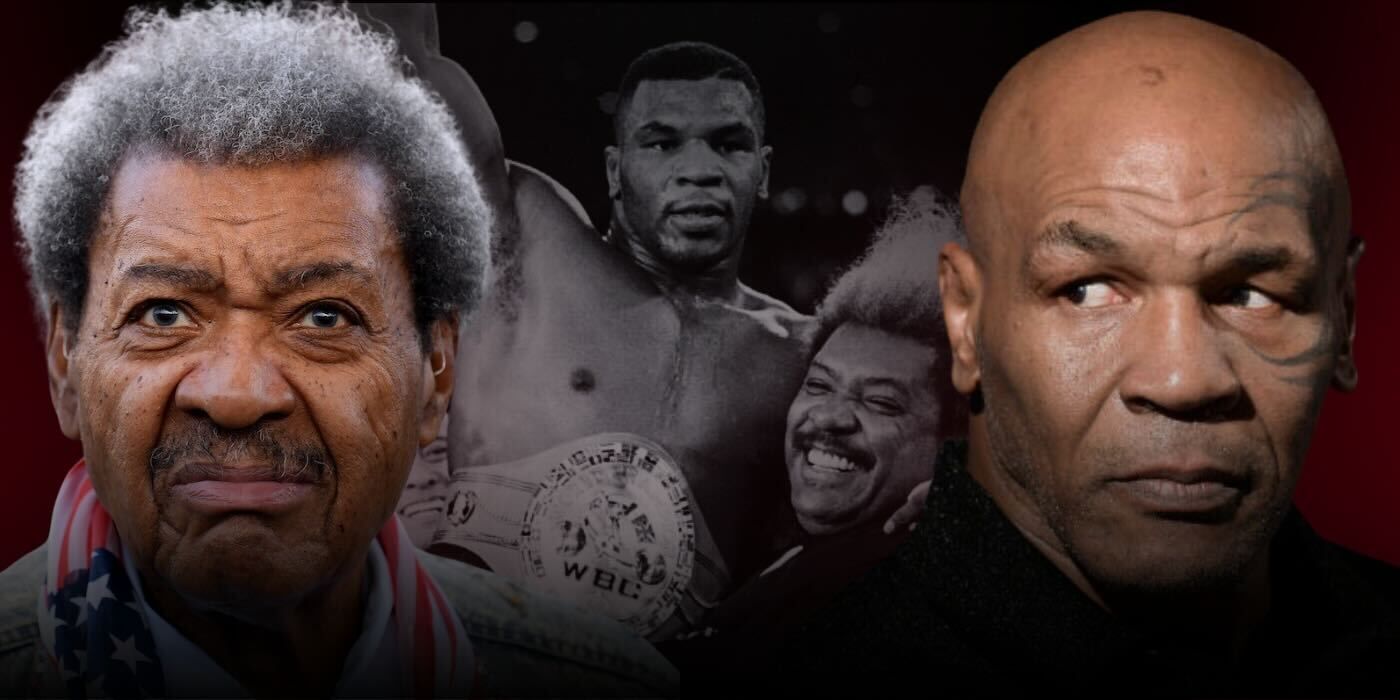
Don King and Mike Tyson’s partnership was filled with manipulation and legal battles stemming from financial exploitation.
Tyson’s rise from Brooklyn poverty to boxing greatness was deemed controversial due to his financial disputes with King.
The turbulent relationship between Tyson and King ultimately ended in a public split after nearly two decades of collaboration.
In professional boxing, few partnerships have caused as much intrigue, conflict, and media chaos as the alliance between Mike Tyson and Don King. In one corner was Iron Mike Tyson, the ferocious and prodigious young fighter who had become the face of boxing in the 1980s.
In the other was Don King, the slick and clever promoter who had a stranglehold on the sport’s matchups. Together, they appeared like an unbeatable team; behind the scenes, however, their collaboration was fraught with controversy, manipulation, and legal battles that would still be commonplace in the arena of boxing for years to come.
The Legendary Partnership Between Mike Tyson and Don King
King Put Tyson In Some Of His Biggest Fights
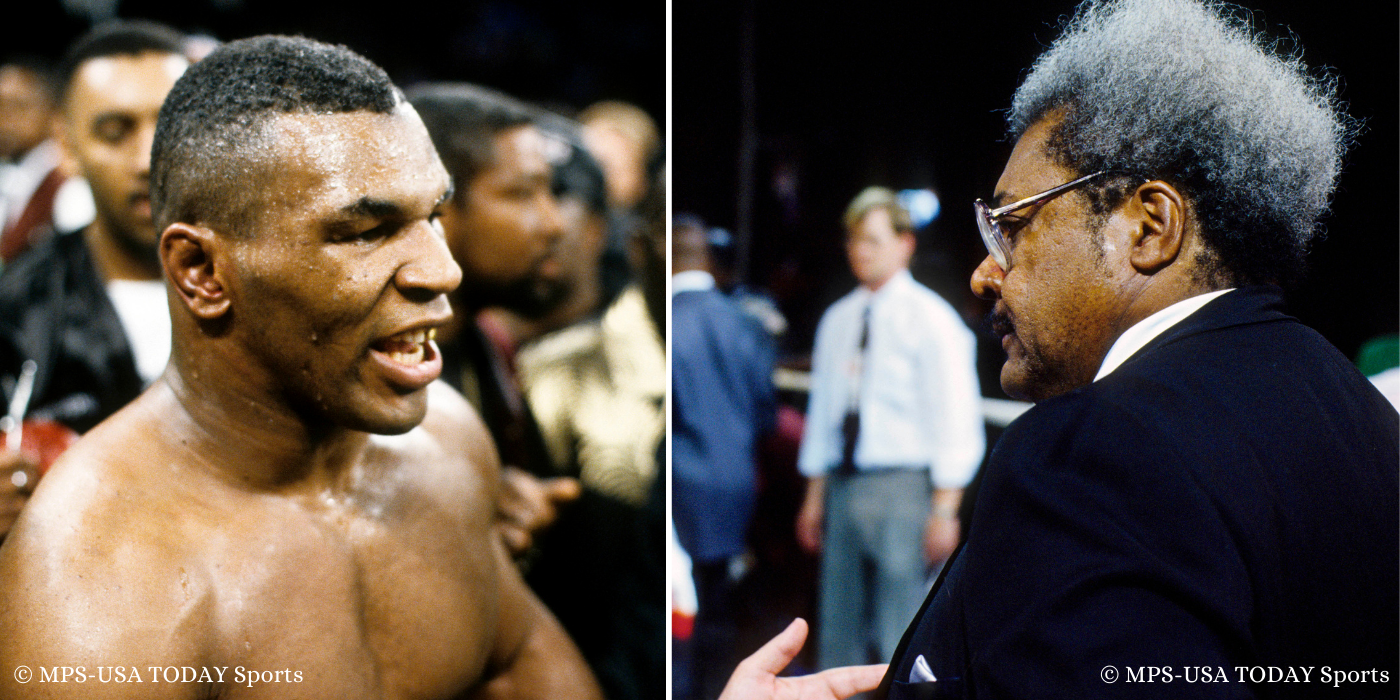
Don King’s upbringing in Cleveland’s modest neighborhood led him to underground bookmaking, shaped by racial stereotypes.
King’s transformation, influenced by Machiavellian principles, showcases his shift from community supporter to ambitious achiever.
Mike Tyson’s rise from Brooklyn’s tough Brownsville neighborhood to boxing greatness was fueled by mentorship from Bobby Stewart, leading to historic achievements like his Junior Olympics gold medal win.
To understand all aspects of their relationship, one has to delve into the different backgrounds of these remarkable figures. Don King, born August 20, 1931 in Cleveland, Ohio, grew up in a modest neighborhood, however, he showed early signs of genius. His goals of pursuing a legal profession were hindered by the stereotypes of racism of the late 1940s within the United States. Denied the opportunity for a higher education because of his racial background, King took a unique path, one which brought him to the world of underground bookmaking.
It was during this time that King iconically quoted, “Machiavelli taught me that it is better to be feared than loved because if you’re loved, they sense you’re vulnerable.” He changed from a man who supported his community to someone who would do anything to achieve his goals even by force and cunning.
While Don King was dealing with the challenging underworld of Cleveland, a younger Mike Tyson was growing up in Brooklyn’s tough Brownsville neighborhood of New York. Born on June 30, 1966, Tyson’s formative years were marred by adversity. Raised by a single mother, Lorna Smith Tyson who was grappling with substance abuse, Tyson found comfort and discipline in the world of boxing.
At the age of 13, Tyson’s life took an unexpected turn when he crossed paths with Bobby Stewart, a former boxer and counselor at a juvenile detention center who recognized the raw potential in the young Tyson. Stewart introduced Tyson to the world of boxing, becoming his first trainer and mentor. Under Stewart’s guidance, Tyson found discipline and purpose in the ring, channeling his aggression and raw talent into the sweet science of boxing.
Tyson’s rapid ascent in the amateur ranks was nothing short of remarkable. His aggressive style and knockout power earned him a reputation as a formidable force. In 1982, at the age of 16, Tyson made history by becoming the youngest boxer ever to capture a gold medal at the Junior Olympics.
The paths of Don King and Mike Tyson converged in 1985 when Tyson’s manager, Cus D’Amato, introduced the young prodigy to King. At that point, Tyson had already compiled an impressive amateur record and was on the brink of transitioning to the professional ranks. Recognizing Tyson’s extraordinary potential and the financial windfall it could bring, King quickly entered the picture as Tyson’s promoter.
Under King’s guidance, Tyson’s professional career soared to unprecedented heights. This partnership saw Tyson rise to the status of the undisputed heavyweight champion of the world, unifying the WBC, WBA, and IBF titles. His devastating knockout power and meteoric rise to prominence captured the imaginations of fans worldwide. Tyson’s fights became must-see events, and his aura of invincibility seemed unbreakable.
Uncovering the Allegations of Unfair Contracts
Tyson Sued Don King For $100 Million
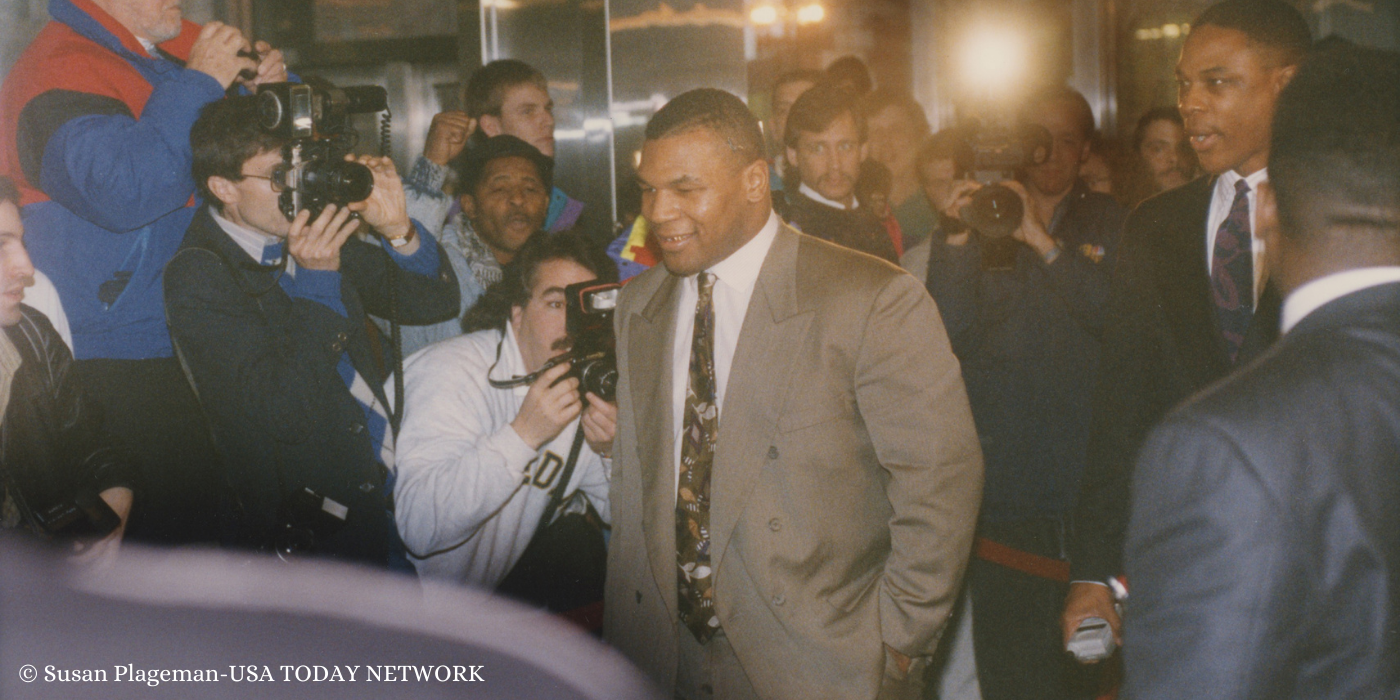
In 1998, Tyson sued King for $100 million, alleging that the boxing promoter had cheated him out of millions over more than a decade.
The lawsuit was later settled out of court.
Tyson received $14 million as part of the settlement.
Behind Tyson’s glorious success, serious issues began to surface. Don King was accused of financial exploitation and mismanagement. Critics accused him of taking advantage of Tyson’s lack of financial literacy, manipulating his contracts, and taking a huge part of his income. Tyson, who rose from poverty to unimaginable riches, has become increasingly upset with the financial side of his career.
By 1992, the feud between Tyson and King had reached a breaking point. Tyson filed a lawsuit against King, in search of breaking their contractual ties. The lawsuit alleged that King had defrauded Tyson out of thousands of dollars via unfair agreements and unethical practices. This legal war unfolded alongside Tyson’s personal issues, combined with his conviction and subsequent sentencing for rape.
Despite his imprisonment, Tyson remained one of the world’s most famous yet controversial athletes. His fights earned significant pay-per-view revenue, and the fans’ interest in his chaotic lifestyle persisted.
Tyson’s Return to the Boxing Scene and Continued Struggles
‘Iron’ Mike Was Out Of The Ring For Four Years
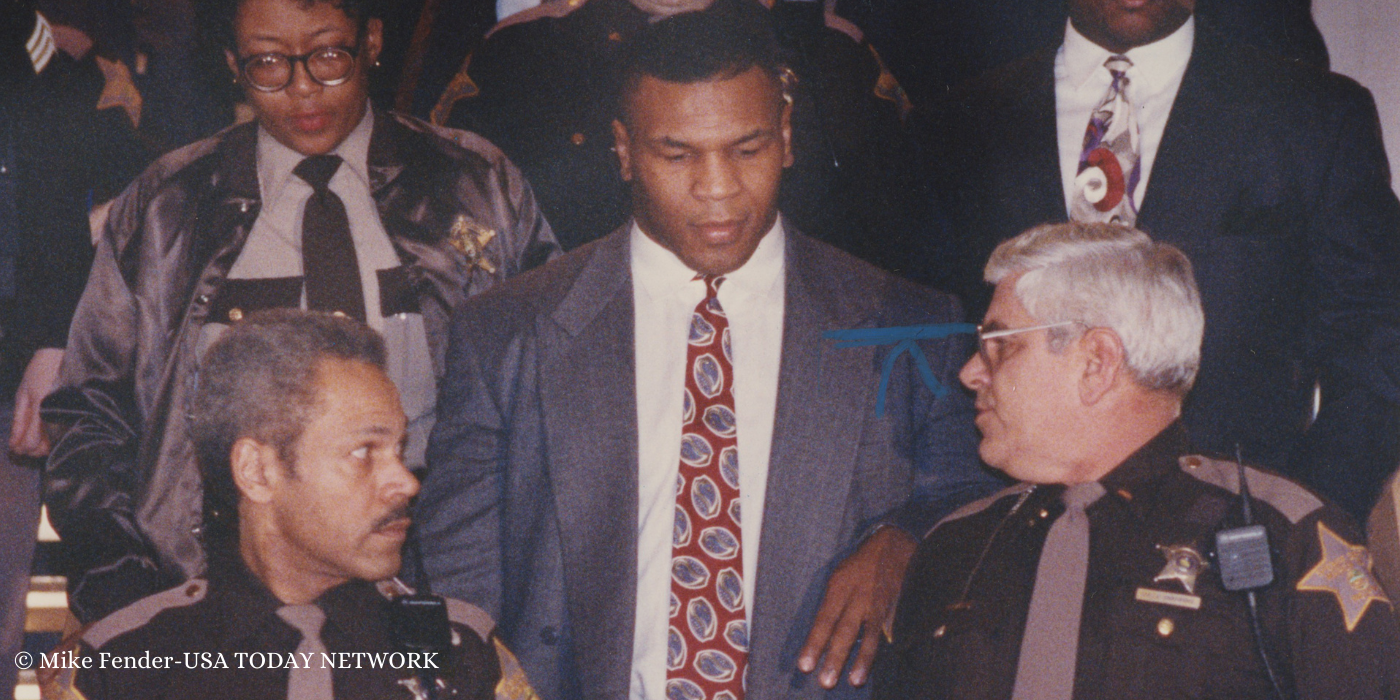
In 1992, Tyson was convicted of rape and sentenced to six years in prison.
He was released on parole after serving three years of his sentence.
Tyson was released from prison in 1995 and swiftly made his comeback to the boxing ring. Though he continued to collaborate with Don King, their partnership remained strained. Financial disputes persisted, and Tyson’s accusations against King endured. The scars from their turbulent past were challenging to heal, and the relationship between the fighter and the promoter remained contentious.
Despite the challenges, Tyson managed to regain some stability later in his life. He ventured into the world of entertainment and television, taking on roles in films and even hosting a podcast.
The Final Split and Legacy
Tyson Was Later Managed By Shelly Finkel
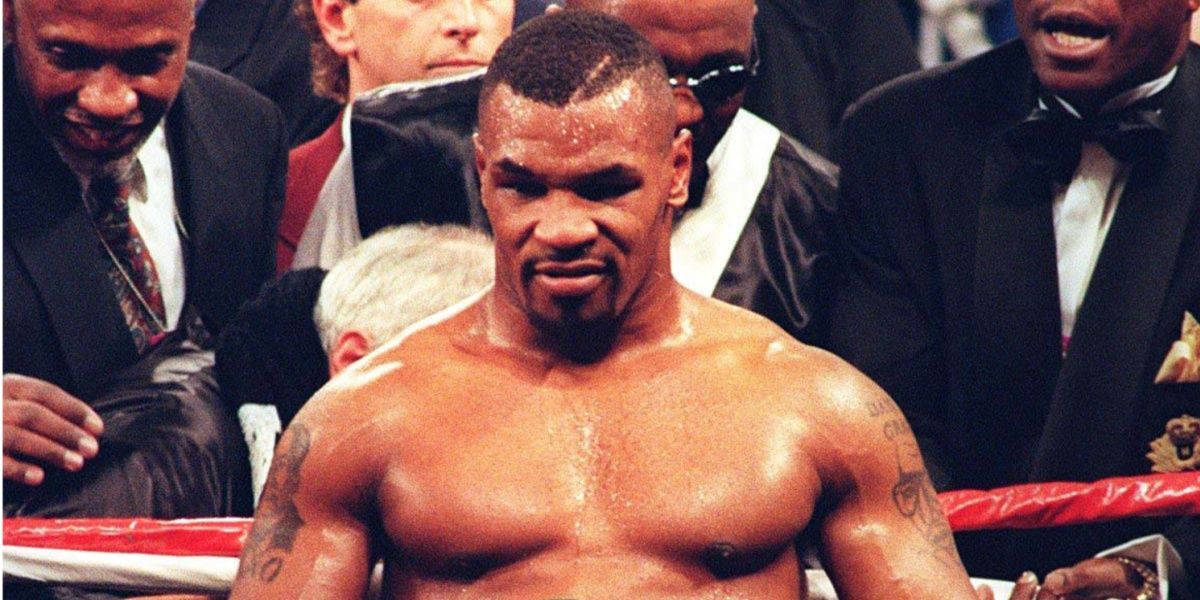
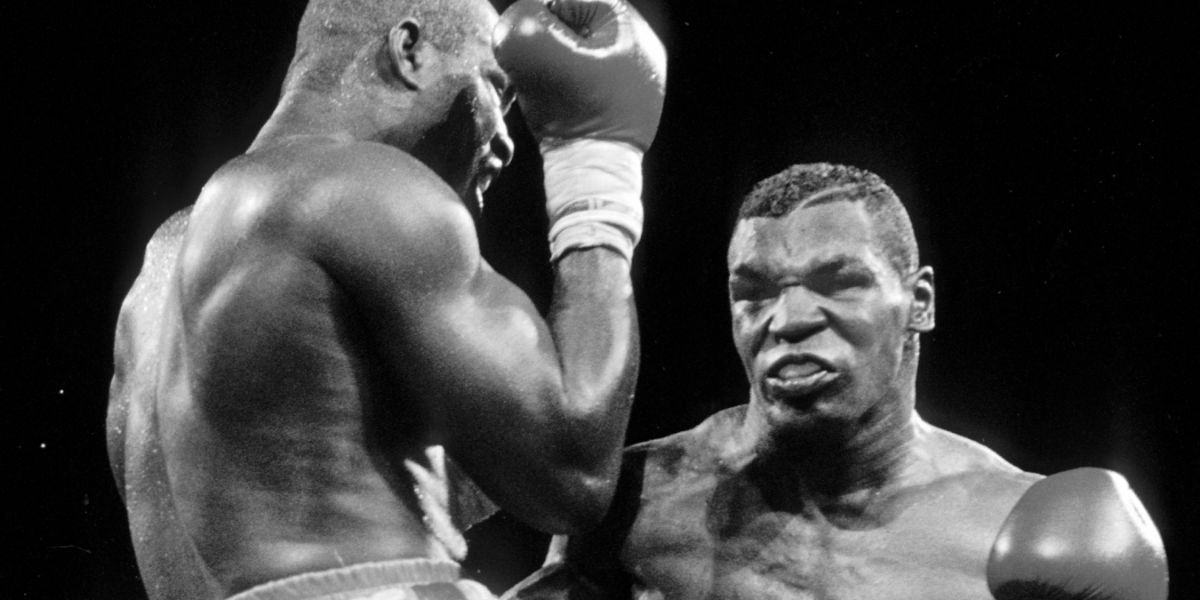
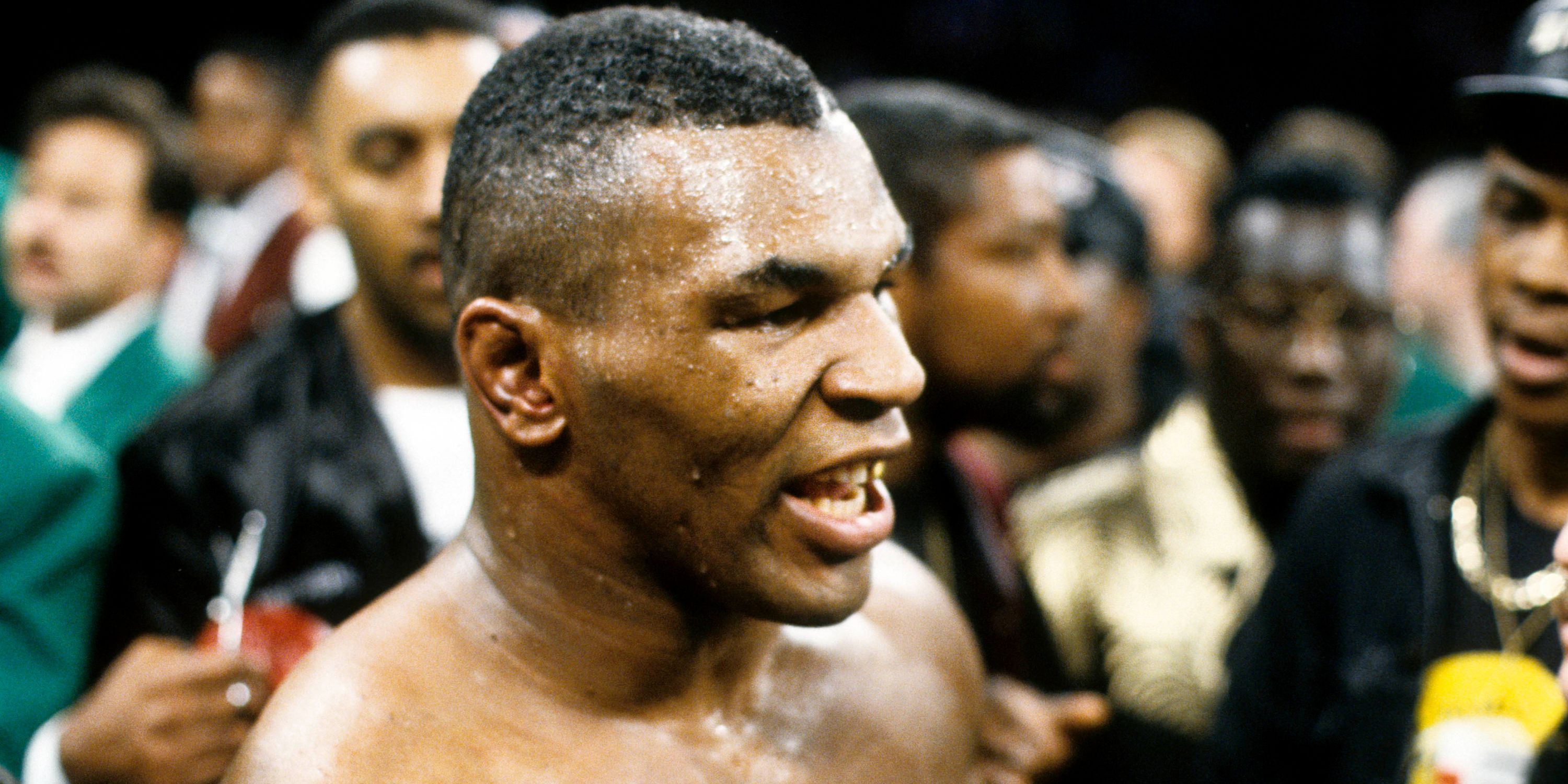
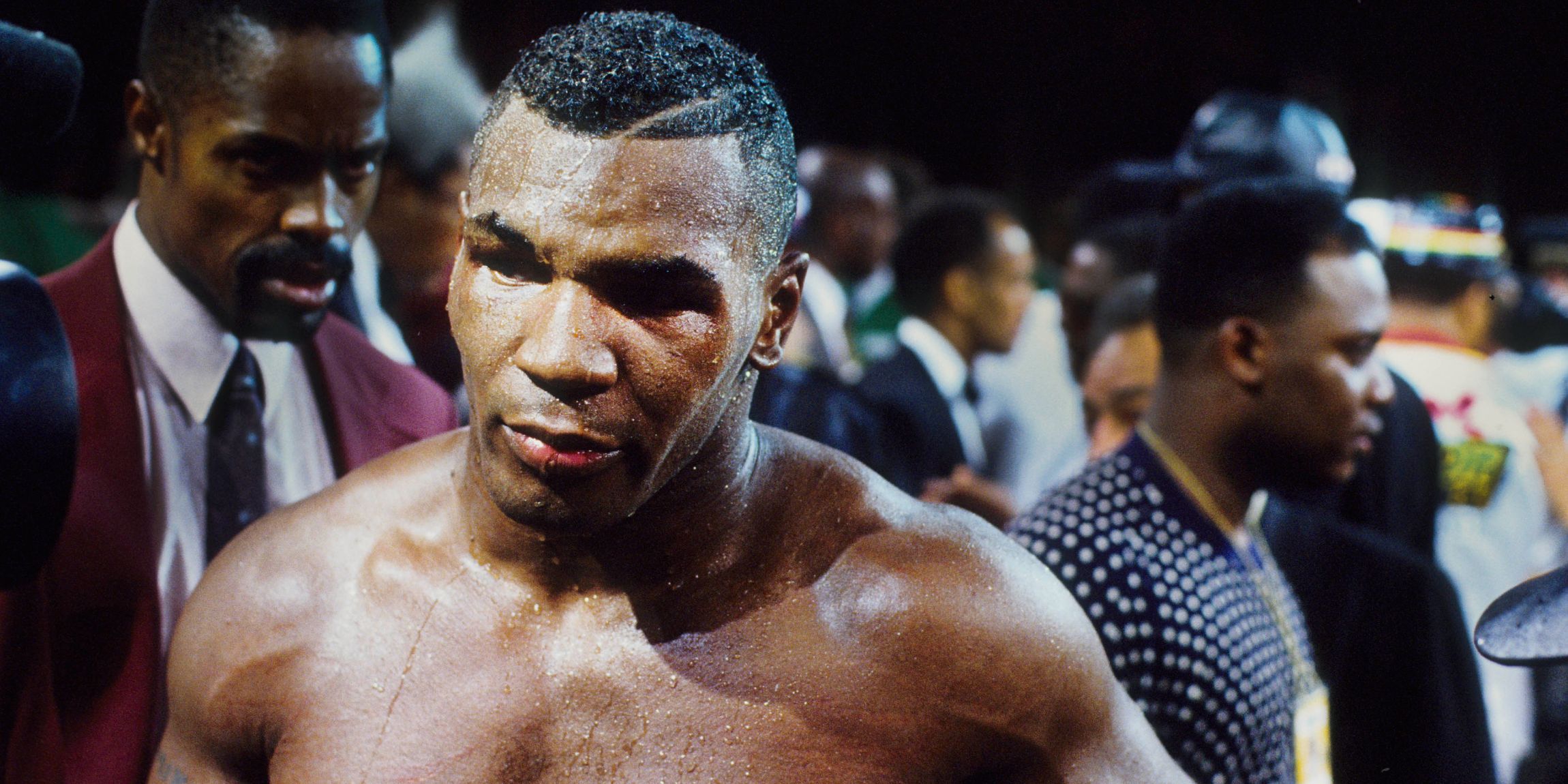
Tyson fired his entire team in the early 2000’s.
He believed that he was $60 million in debt.
In the early 2000s, Mike Tyson made the decision to part ways with Don King as his promoter. This marked the conclusion of a tumultuous relationship that had spanned nearly two decades. Tyson’s departure was accompanied by public statements in which he asserted that he had been manipulated and taken advantage of by King throughout a significant portion of his career.
Despite their tumultuous relationship, there’s no denying that Mike Tyson owes a significant portion of his success and legacy to Don King’s promotional skills. Their partnership reshaped the boxing landscape, permanently altering the role of promoters within the sport.
While Tyson’s career witnessed moments of glory and triumph, it was also marked by controversies and legal battles. Don King, a masterful promoter, played a substantial role in Tyson’s rise to fame but also faced persistent allegations of financial impropriety.





